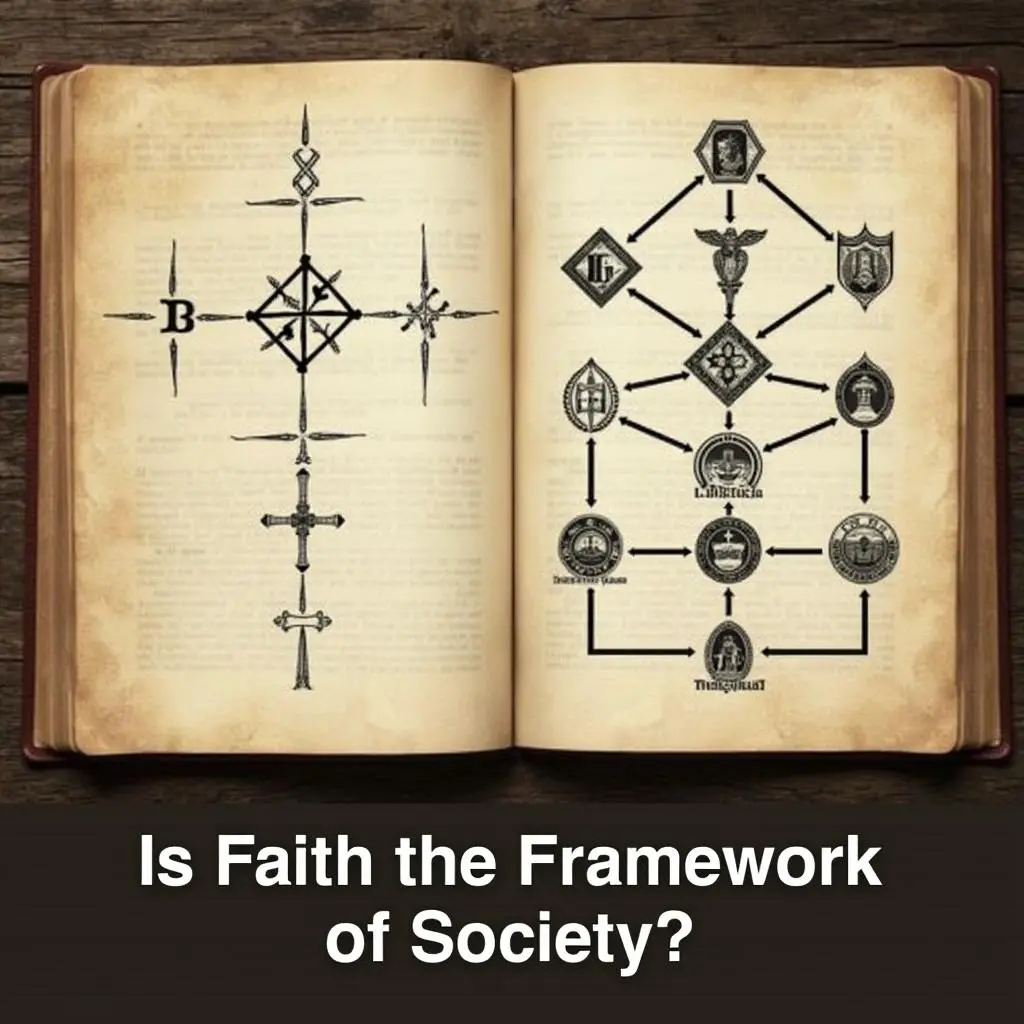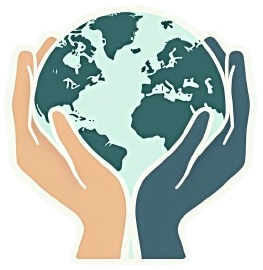The Role of Religion in Social Programming

Religion has historically played a significant role in shaping societal norms, values, and behaviors. It has provided moral guidance, inspired acts of charity, and created a sense of community among its followers. However, religion has also been a powerful tool for social programming, influencing how individuals perceive themselves and their roles within society. This influence can be both positive and negative, depending on how religious doctrines are interpreted and applied.
One way religion contributes to social programming is by establishing rigid moral codes. While these codes often promote virtues such as kindness and humility, they can also enforce conformity and suppress individuality. For instance, some religious institutions have historically imposed strict gender roles, limiting opportunities for women and perpetuating inequality. Similarly, certain doctrines have been used to justify discrimination, stifling progress and understanding between diverse groups.
Religious teachings can also shape political and economic systems, often aligning with the interests of the powerful. Throughout history, leaders have used religious narratives to maintain authority, justify wars, and control populations. This alignment between religion and power can lead to social stratification, where individuals are conditioned to accept their position in society as divinely ordained, rather than questioning inequality and striving for change.
To avoid the negative consequences of religious social programming, it is essential to foster critical thinking and encourage open dialogue. Education plays a vital role in helping individuals understand the historical and cultural contexts of religious teachings, enabling them to distinguish between spiritual principles and societal constructs. Promoting interfaith initiatives and inclusive policies can also break down barriers, allowing for greater understanding and cooperation among diverse communities.
Ultimately, religion has the potential to unite people around shared values of compassion, justice, and peace. By focusing on these universal principles rather than dogmatic interpretations, societies can harness the positive aspects of religion while minimizing its capacity for manipulation and control. The key lies in empowering individuals to question, reflect, and embrace diversity, ensuring that religion serves as a force for progress rather than division.
The key lies in empowering individuals to question, reflect, and embrace diversity, ensuring that religion serves as a force for progress rather than division.
